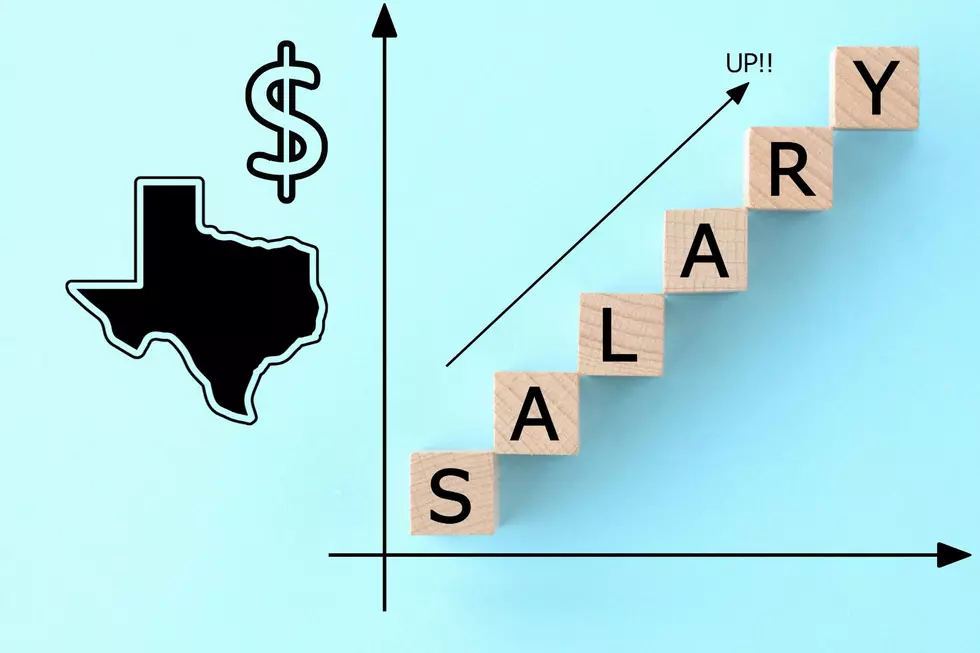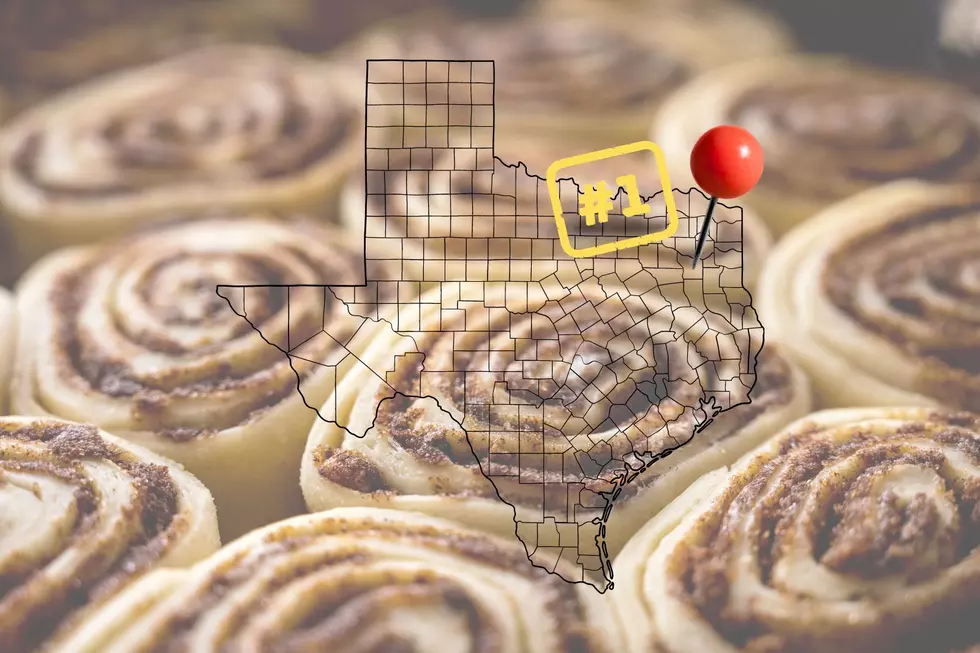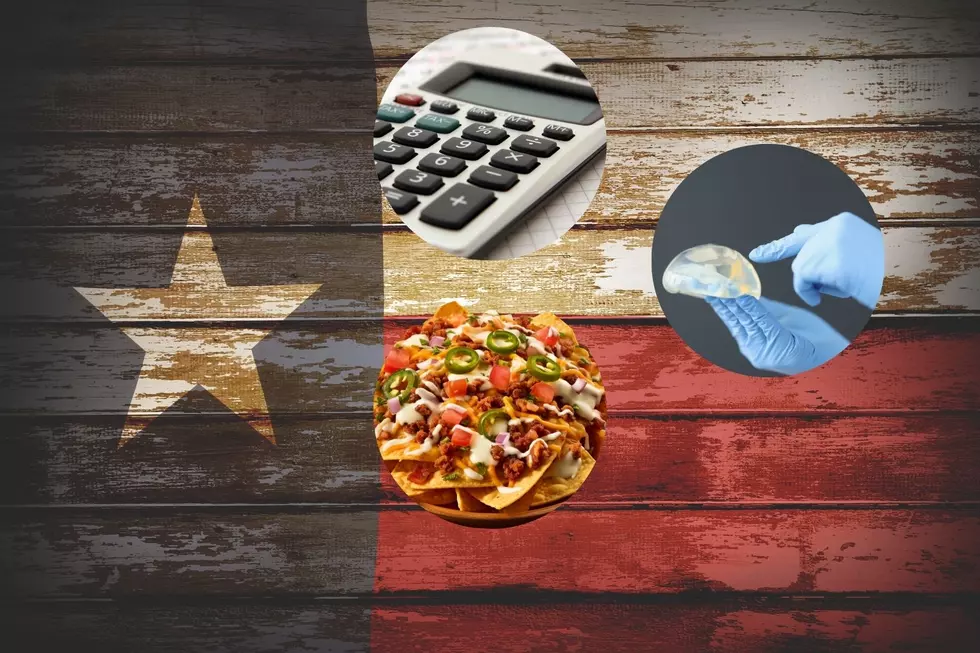![THE MOST Important Fruits And Veggies To Buy Organic [GALLERY]](http://townsquare.media/site/156/files/2020/11/organic.jpg?w=300&h=200&zc=1&s=0&a=t&q=89&w=980&q=75)
THE MOST Important Fruits And Veggies To Buy Organic [GALLERY]
So we've made a decision to change our lifestyle, or at least do our best to start consuming more greens, fruits, and vegetables. But then we're bombarded with warnings about the dangers of pesticides and all of the havoc they can wreak on our bodies. It's enough to cause someone to give up and double-down on double-stuffed Oreos. (Not that there's anything wrong with enjoying those from time to time.)
We hear and see it everywhere online and on the news : Eat organic, eat organic, for the love of all that is good eat ORGANIC!
OK. We hear you. But it's true, organic can be a bit more costly--sometimes significantly so. For any of us who are watching our grocery budgets, as much as we'd like to have all of our fruits, vegetables, grains, and meats straight from the gardens of heaven, sometimes we have to choose where we splurge.
Thankfully, there's a non-partisan, non-profit group called the Environmental Working Group. or the EWG. They cite as their mission:
The Environmental Working Group’s mission is to empower people to live healthier lives in a healthier environment. With breakthrough research and education, we drive consumer choice and civic action.
This is a group devoted to consumer advocacy when it comes to what is in our food, water, and shampoos, among many other things. They've provided us with a helpful list to clarify the most important produce to buy organic, as the conventional versions tend to be the most covered in pesticides. The list is called 'The Dirty Dozen.' Let's take a quick look at the produce you should definitely try to buy organic whenever possible, and why:
Make Sure You Buy Organic Versions Of These Fruits & Veggies
More From 101.5 KNUE









